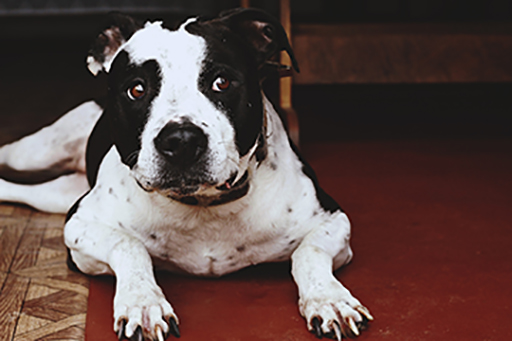6 Children talk labels
So far in this first session you’ve heard quite a lot about children from adults so perhaps it’s time to listen to what children have to say about how being labelled in a criminal court affects them. Watch this video made by children in Wales about their experiences of, and ideas about, getting into trouble with the law. Are the children right to worry about the labels they feel are attached to them? (Please note that the video is quite long at 10 minutes, so you might want to watch it in stages.)
Labelling is a concept that sociologists are very interested in because different labels have different effects, and some labels can stick and have a lasting impact. There’s an old English proverb that people still use to capture this meaning: ‘give a dog a bad name and you hang him’. It refers to the fact that it can be very difficult to lose a bad reputation. As the children say in the video, people see the label not the person, the offender not the child.
Criminal labels change the way people are seen and can stick for life. To be known as a ‘young offender’ can become self-fulfilling. This is an argument made not just by children in Wales or in old English proverbs but also by criminologists like Frank Tannenbaum who said ‘the person becomes the thing he is described as being’ (Tannenbaum, 1938). The work Tannenbaum did nearly one hundred years ago in New York among boys and young men caught up in the criminal justice system suggested that criminal justice interventions tended to produce more crimes and more criminals: ‘the harder they work to reform evil, the greater the evil grows under their hands’. His analysis was that criminal courts make things worse and were best avoided.

